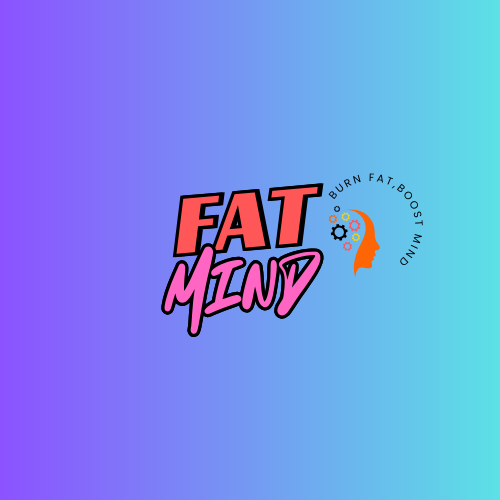Introduction: The Hidden Effects of Sugar on Your Body and Mind
Sugar is a major contributor to belly fat accumulation and mood fluctuations. While it provides a quick energy boost, excess sugar consumption leads to insulin spikes, hormonal imbalances, and chronic inflammation, all of which contribute to fat storage and mental instability.
Understanding how sugar affects both physical and mental health is crucial for managing weight, stabilizing emotions, and improving overall well-being.
The Science Behind Sugar and Fat Storage
How Excess Sugar Turns Into Belly Fat
When you consume sugar, your body processes it into glucose, which enters the bloodstream. However, excess glucose that isn’t used for immediate energy is stored as fat, primarily in the abdominal area.
Key reasons why sugar leads to belly fat:
- Spikes in insulin: High sugar intake forces the pancreas to produce more insulin, leading to fat accumulation around the midsection.
- Increased cravings: Sugar causes dopamine surges, making it addictive and encouraging overeating.
- Liver overload: Fructose, a type of sugar found in processed foods, is converted into fat by the liver, worsening belly fat storage.
How Sugar Contributes to Inflammation
High sugar consumption triggers chronic inflammation, a leading cause of obesity, metabolic disorders, and mood disorders. Inflammation disrupts hormonal function, making it harder to burn fat and regulate emotions.
The Impact of Sugar on Mood Swings
The Blood Sugar Rollercoaster and Emotional Instability
Sugar causes a rapid rise and fall in blood glucose levels, leading to mood fluctuations. This cycle is known as the blood sugar rollercoaster, which includes:
- Energy spikes followed by crashes
- Irritability, anxiety, and fatigue
- Increased stress hormone (cortisol) production
The Connection Between Sugar, Serotonin, and Depression
Sugar affects neurotransmitters like serotonin and dopamine, which influence mood. While sugar initially boosts these chemicals, over time, it depletes them, leading to:
- Increased risk of depression and anxiety
- Reduced stress resilience
- Poor sleep quality
Which Types of Sugar Are the Most Harmful?
1. Refined Sugar (White Sugar, High-Fructose Corn Syrup)
- Found in soda, candies, processed snacks, and baked goods
- Causes rapid insulin spikes and fat storage
2. Artificial Sweeteners
- Found in diet sodas, sugar-free products, and processed foods
- Disrupts gut bacteria and increases sugar cravings
3. Hidden Sugars in Processed Foods
- Found in salad dressings, sauces, flavored yogurts, and granola bars
- Leads to unintentional overconsumption and blood sugar imbalances
How to Reduce Sugar for Belly Fat Loss and Mental Clarity
1. Replace Processed Sugar with Natural Alternatives
- Swap white sugar → raw honey or stevia
- Replace soda → infused water or herbal tea
- Choose whole fruits instead of sugary desserts
2. Balance Your Blood Sugar with Protein and Healthy Fats
- Eat lean proteins (chicken, fish, tofu) to stabilize glucose levels
- Include healthy fats (avocados, nuts, olive oil) for sustained energy
3. Improve Insulin Sensitivity Through Diet and Exercise
- Reduce processed carbs and replace them with fiber-rich whole foods
- Engage in strength training and cardiovascular exercise to improve insulin response
Conclusion: Cutting Sugar for a Healthier Body and Mind
Excess sugar consumption plays a major role in belly fat accumulation and mood swings. By reducing refined sugars, balancing meals with healthy proteins, fats, and fiber, and stabilizing blood sugar, you can improve mental well-being and accelerate fat loss.
Next Steps:
- Read More: [How Gut Health Affects Belly Fat and Mental Stability]
- Try This: [Best Lifestyle Habits to Reduce Sugar Cravings]
